Baseball is important to every Major League Baseball (MLB) game. A match utilizes hundreds of them, each with a little purpose. But what happens to baseball players off the field? Baseballs are withdrawn from play when scuffed, dirty, or damaged, and occasionally after home runs. Many fans ask what happens to the almost 900,000 baseballs that players use each season.
Even after a baseball is out, the tale continues. Baseball is utilized for team practice and fan collections. Some are gifted to kid’s leagues, sold to collectors, or saved as keepsakes after major games. This article answers, “What Does MLB Do with Used Baseballs?”

Reasons Baseballs Are Removed from Play
Baseballs are often pulled from play in MLB owing to game procedures and unusual situations.
A. Game Protocols.
- Scuffed, Dirty, or Damaged Balls: Playing baseballs may damage them. MLB Rule 3.01(c) requires umpires to replace discolored or unusable balls.
- Umpire discretion: Umpires may withdraw baseballs from play to maintain game integrity or replace balls that are no longer suitable.
B. Special Scenarios.
- Foul Balls Caught by Fans: A fan catching a foul ball in the stands puts it out of play and introduces a fresh ball. Fans typically save these balls as keepsakes.
- Home runs or big game moments: Replace home run balls leaving the field. These balls are associated with important game occurrences, making them valuable mementos.
MLB maintains fair competition standards for baseballs by following these rules and reacting to exceptional situations.
Lifecycle of Used Baseballs
MLB baseballs go in many places after being used for practical games and fan purposes.
A. Redistribution to Teams.
- Practice Use for MLB Teams: Baseballs in excellent condition are used for hitting and fielding practice by MLB clubs. Each ball is used more efficiently and aids players’ training.
- Minor League Games and Training: Used baseballs are distributed to minor league affiliates for games and training. Redistributing equipment helps minor league clubs manage expenditures and guarantees uniform practice materials across levels.
B. Repurposing for Fans.
- Used Balls as Memorabilia: Fans treasure game-used baseballs as souvenirs. For historical significance, milestone games and play balls are certified and saved.
- Sales via MLB Shops and Auctions: Official MLB internet stores and auctions sell authenticated game-used baseballs. These goods satisfy collectors and enthusiasts who want game memorabilia. Tamper-proof holograms and unique serial numbers from the MLB Authentication Program verify these treasures.

Donations and Community Engagement
MLB donates old baseballs and equipment to schools, youth leagues, and community activities. These gifts promote baseball and provide resources to underprivileged areas to inspire young players.
The MLB-MLBPA Youth Development Foundation demonstrates this. Founded by MLB and the MLBPA, the organization improves amateur baseball and softball programs worldwide. The foundation works with many groups to provide equipment to needy individuals, fostering grassroots development.
MLB also collaborates with groups like Pitch in for Baseball & Softball, which gives underprivileged kids new, gently used equipment to play baseball and softball. These partnerships help MLB reach more kids and introduce them to baseball and softball. MLB is committed to community involvement, future players, and fans through these philanthropic collaborations.
Sustainable Practices
MLB carefully manages used baseballs as part of its environmental efforts.
A. Recycling and Disposal.
MLB teams prioritize garbage diversion and recycling. The Minnesota Twins won the 2021 Green Glove Award for having the greatest MLB waste diversion rate.
B. Alternative Uses.
Beyond recycling, old baseballs are creatively used. They are turned into keychains, decorations, and home décor by artisans. Baseballs may be used in arts and crafts, as seen on Etsy.
These sustainable approaches help MLB manage equipment lifetime and connect fans in new ways, emphasizing its environmental responsibilities.
Fan Interaction with Used Baseballs
MLB fans love interacting with used baseballs during and after games.
A. Game-day souvenirs.
- Players Toss Baseballs into the Stands: Players regularly throw baseballs into the stands between innings or during warm-ups, giving spectators souvenirs. These connections enrich fandom and build memories.
- Catching Foul Balls or Home Runs: Catching a foul ball or home run is a well-known baseball custom. Fans anxiously await these moments, and grabbing a ball connects them to the game. Shohei Ohtani’s 50th home run ball was worth $50,000–$500,000.

B. MLB promotions.
MLB clubs often donate or auction game-used baseballs. The San Francisco Giants’ “Grab a Game-Used Baseball Sweepstakes” allows fans to win game-used baseballs. Fans may now buy authenticated game-used baseballs on MLB’s auction site.
These approaches increase fan participation and let fans control baseball history, enhancing their connection to the sport.
The Business of Used Baseballs
MLB’s used baseball market includes strong collectors and direct retail options, giving fans tangible links to the game. Depending on their history, game-used baseballs are valuable sports collectibles. A baseball from Derek Jeter’s 3,000th hit sold for $140,000.
Official MLB Auctions sells authenticated game-used baseballs to capitalize on this market. These goods are authenticated by game usage and available to fans. These channels allow MLB to maintain game-used baseballs’ historical worth and engage fans by offering authentic sports history.
Conclusion
Used baseballs play an important part in maintaining Major League Baseball’s past. They let fans connect with great events and support community activities. These baseballs become collectibles via programs like the MLB Authentication Program, letting fans own game history. MLB’s “MLB Together” concept uses baseballs for charity and to build neighborhood relationships. Fans are invited to participate in MLB’s used baseball auctions and community activities to connect with the sport and preserve its heritage.
Ever wondered how baseball games deliver smooth, seamless camera angles that effortlessly track every play – from pitcher to home plate? Wireless video transmitters play a vital role behind the scenes, providing broadcasters with flexible, high-quality camera coverage, even across large stadiums and dynamic MLB events.
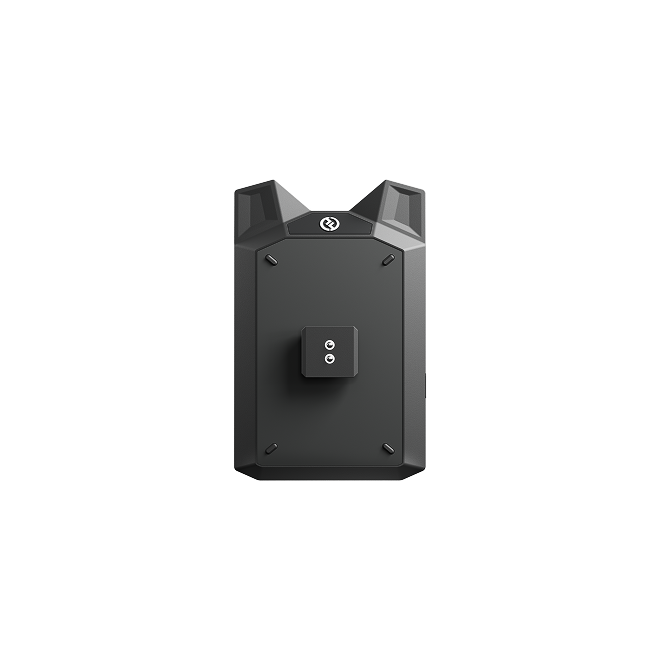

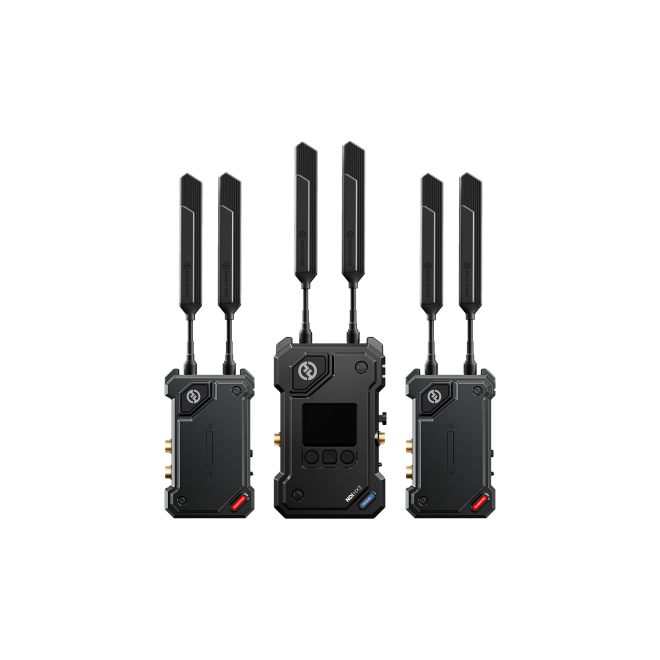
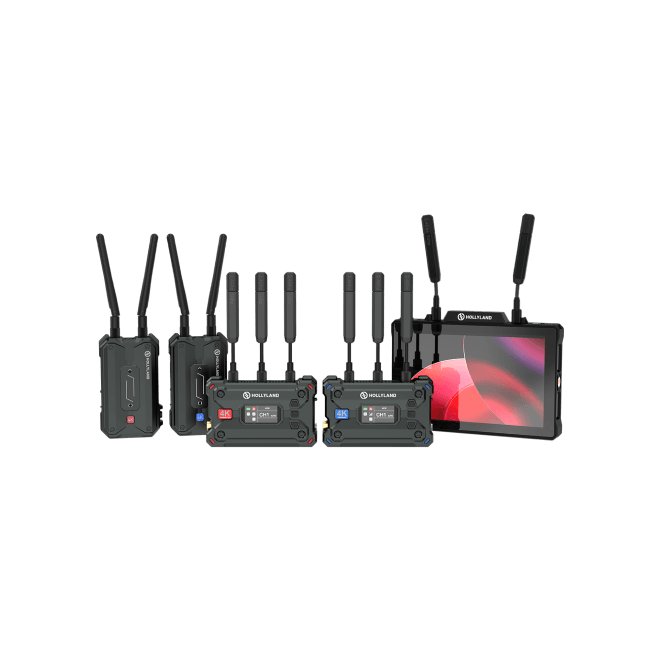

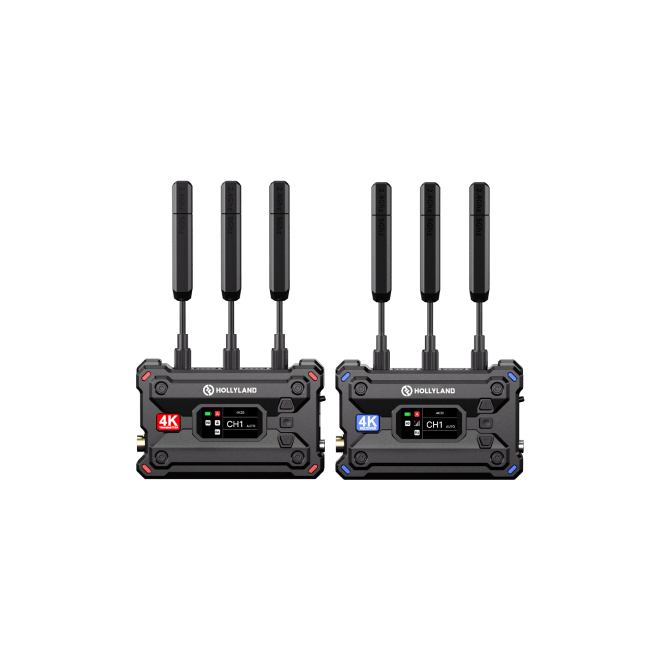






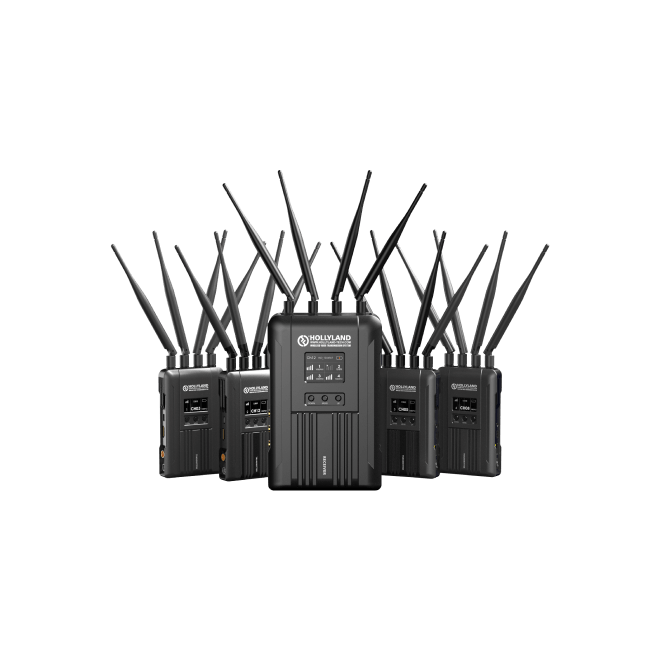

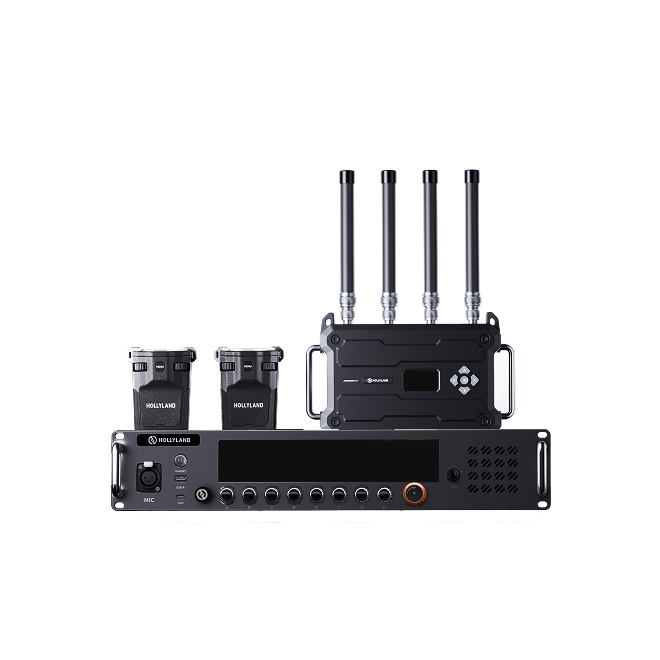

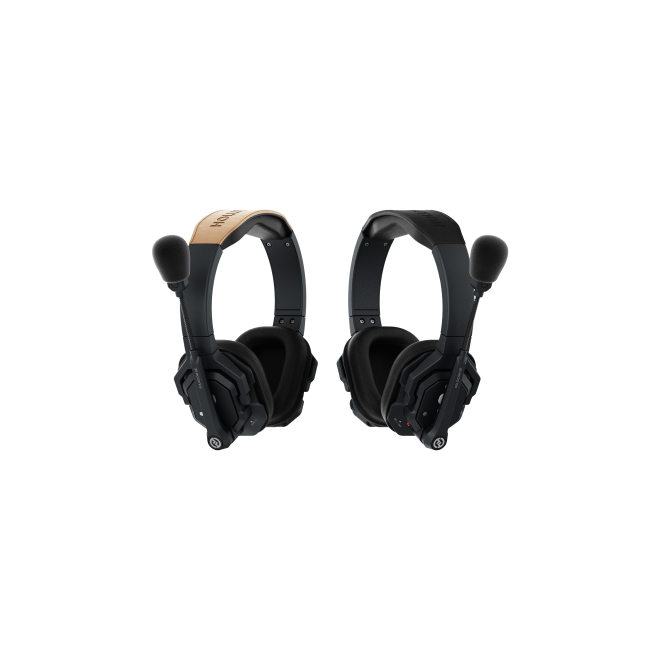

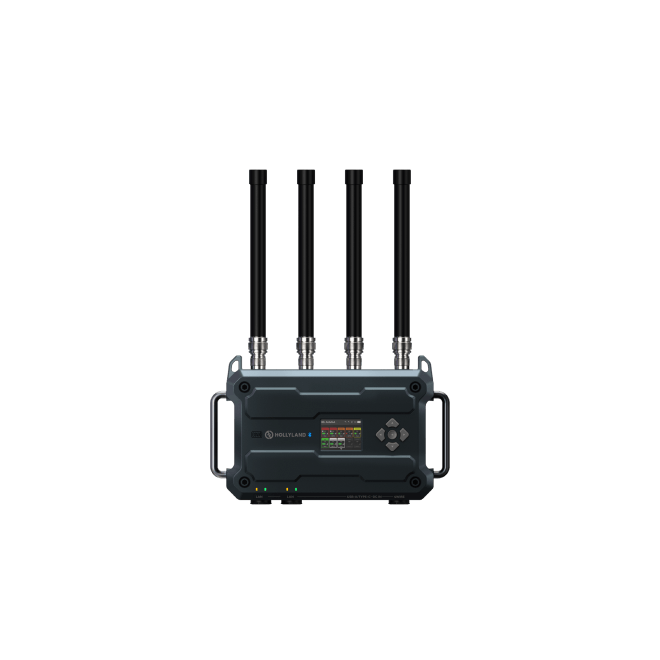
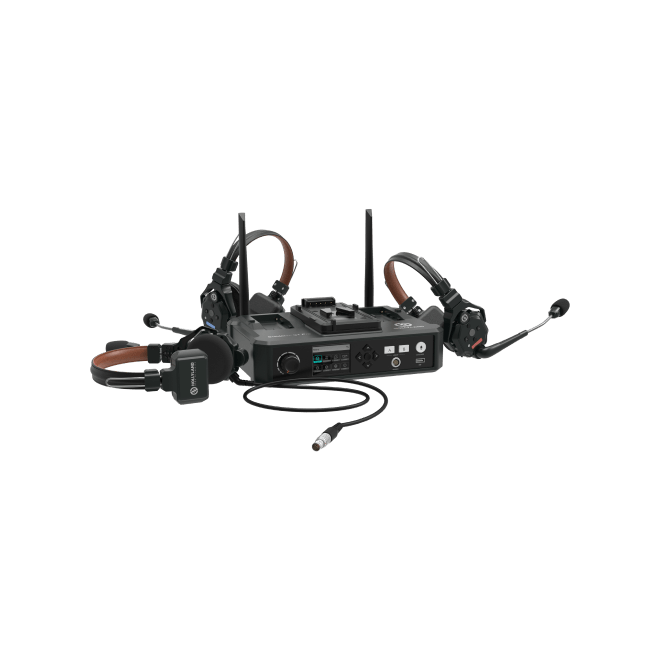
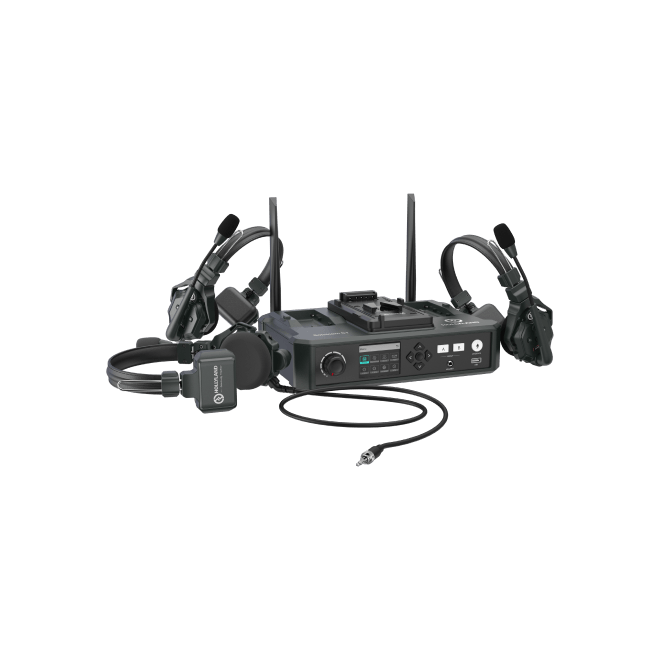
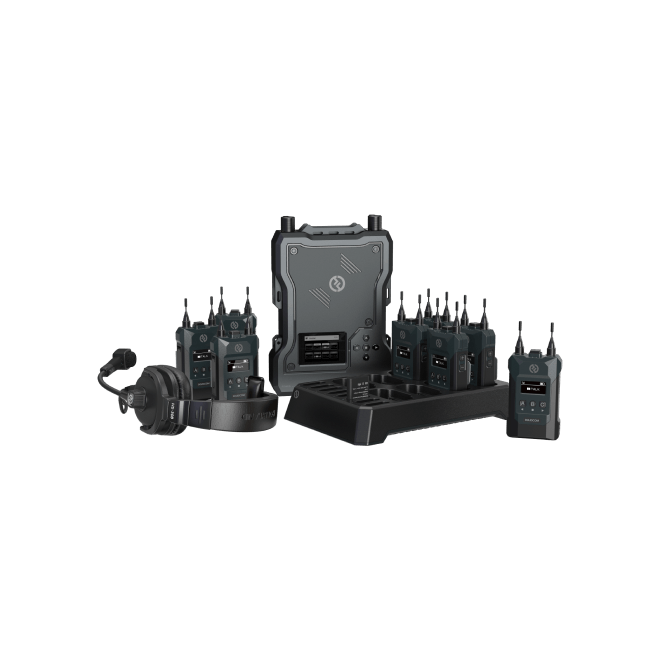












.png)

